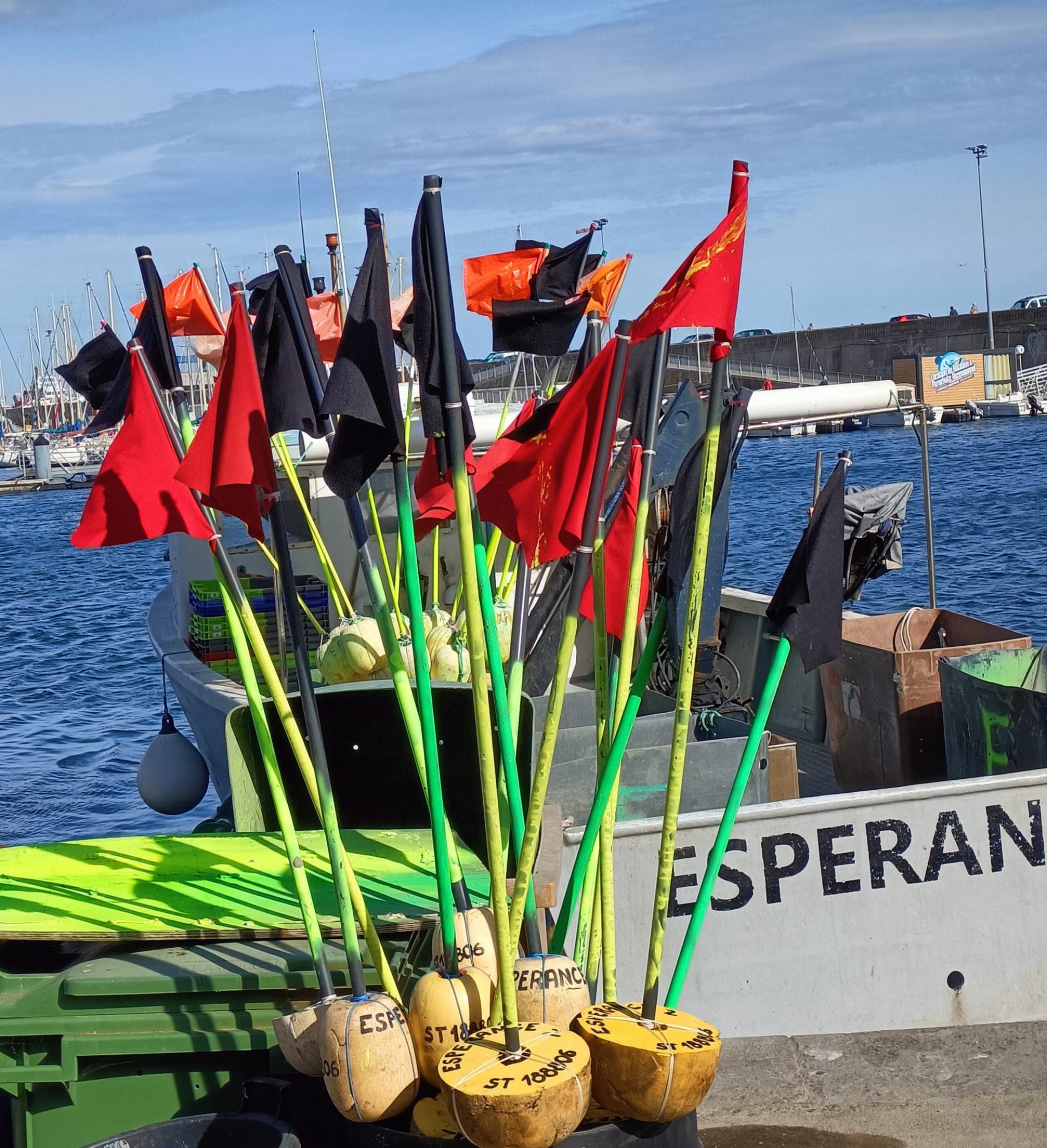
Radicchio of roodlof is een groente, die al eeuwen wordt verbouwd in de Veneto. Radicchio is verwant aan de witlof. Deze groente komt in vele gedaanten voor, maar de soort uit Treviso lijkt een beetje op sla. Geen wonder dat iemand op Facebook riep, dat het leek op vleesetende sla. Radicchio heeft een bitter net als witlof en doet het gesmoord of gegrild goed in rijst- of pasta gerechten.
De soort uit Treviso is moeilijk te krijgen in Amsterdam. Gereons Keuken Thuis komt het weinig tegen. Des te fijner was het dat een goede vriendin voor mij een portie meebracht, drie kroppen kakelverse radicchio uit Venetië. Aan de slag ermee dus. Ik maakte met de groente een tagliatelle, simpel voor bij de karbonaadjes alla Milanese. Gesmuld werd er in Gereons keuken. We dronken er een jonge Valpolicella bij. Eén kropje bleef over en kwam op zondagavond terecht in een Griekse salade van witte reuzebonen.
Nodig:
2 kroppen radicchio
4 el olijfolie
1/2 glas rode wijn
400 g tagliatelle
2 tenen knoflook
gehakte peterselie
peper en zout
1 klontje boter
geraspte Parmezaan
Bereiding:
Snijd de krullerige radicchio bladeren van de stronk. Verhit de olie en fruit daarin de fijngehakte knoflook. Voeg de groente toe en bak deze mee. Kook intussen de tagliatelle al dente. Rasp de Parmezaanse kaas.
Blus de groente af met de rode wijn en laat nog kort smoren. Giet de pasta af en roer deze door de radicchio. Maak af met een klontje boter, peterselie, peper en zout. Serveer direct met wat geraspte Parmezaan.



